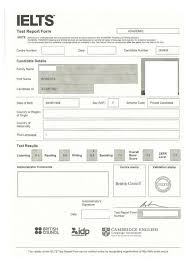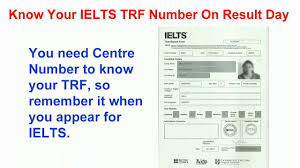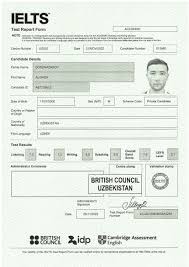Ielts Certification, In today’s interconnected world, effective communication is a vital skill, especially for those who aspire to study, work, or live in an English-speaking country. Among the various certifications that validate English language proficiency, the International English Language Testing System (IELTS) stands out as one of the most recognized and respected.
What is IELTS?
IELTS, or the International English Language Testing System, is a standardized test designed to assess the English language proficiency of non-native speakers. Established in 1989, it is jointly managed by the British Council, IDP: IELTS Australia, and Cambridge Assessment English. The test is widely accepted by educational institutions, employers, governments, and professional bodies worldwide, making it a crucial stepping stone for those seeking international opportunities.
Why is IELTS Certification Important?
1. Global Recognition:
IELTS certification is recognized by over 11,000 organizations across more than 140 countries, including universities, immigration authorities, and multinational companies. Whether you’re aiming to study in an English-speaking country, immigrate for work, or seek employment in an international company, an IELTS certificate can significantly enhance your prospects.
2. Comprehensive Assessment:
IELTS evaluates all four language skills—Listening, Reading, Writing, and Speaking—offering a balanced assessment of your English proficiency. This ensures that the certification reflects your ability to communicate effectively in real-life situations, whether in academic or professional contexts.
3. Multiple Formats for Different Needs:
IELTS offers two main test formats: IELTS Academic and IELTS General Training. The Academic version is suitable for those applying for higher education or professional registration, while the General Training version is designed for those migrating to English-speaking countries or seeking work experience. This flexibility allows candidates to choose the format that best aligns with their goals.
4. Life Skills and Migration:
For those applying for family visas or other forms of migration, IELTS Life Skills offers a test focused solely on Speaking and Listening. This version meets specific visa requirements without the need for comprehensive language testing.
How to Prepare for IELTS
Achieving a high score on the IELTS requires thorough preparation. Here are some tips:
1. Understand the Test Format:
Familiarize yourself with the structure of the test, including the types of questions and tasks you will encounter. This will help you manage your time effectively during the exam.
2. Practice Regularly:
Consistent practice is key to improving your language skills. Use IELTS practice materials, take mock tests, and engage in activities that enhance your listening, reading, writing, and speaking abilities.
3. Focus on Weak Areas:
Identify your strengths and weaknesses, and focus your study efforts on areas that need improvement. Whether it’s grammar, vocabulary, or fluency, targeted practice can make a significant difference.
4. Take a Preparation Course:
Many institutions offer IELTS preparation courses, which provide structured guidance and expert feedback. These courses can be particularly helpful if you are unfamiliar with the test format or need additional support.
Conclusion
IELTS certification is more than just a test; it’s a gateway to global opportunities. Whether you’re pursuing higher education, seeking professional advancement, or planning to migrate, an IELTS certificate can open doors to new possibilities. With its global recognition and comprehensive assessment, IELTS remains a trusted measure of English language proficiency, empowering individuals to achieve their international aspirations.



